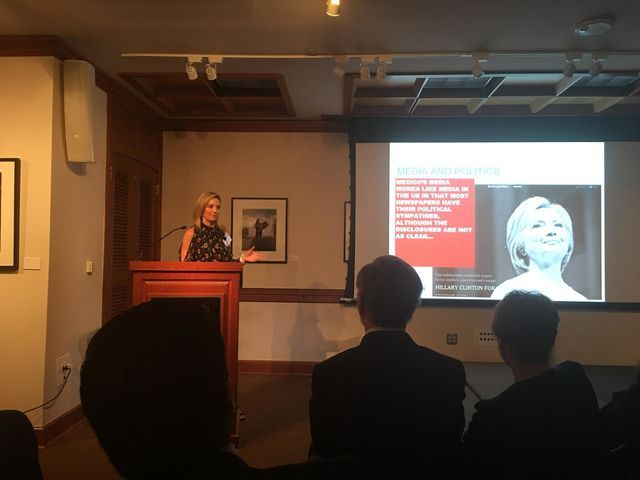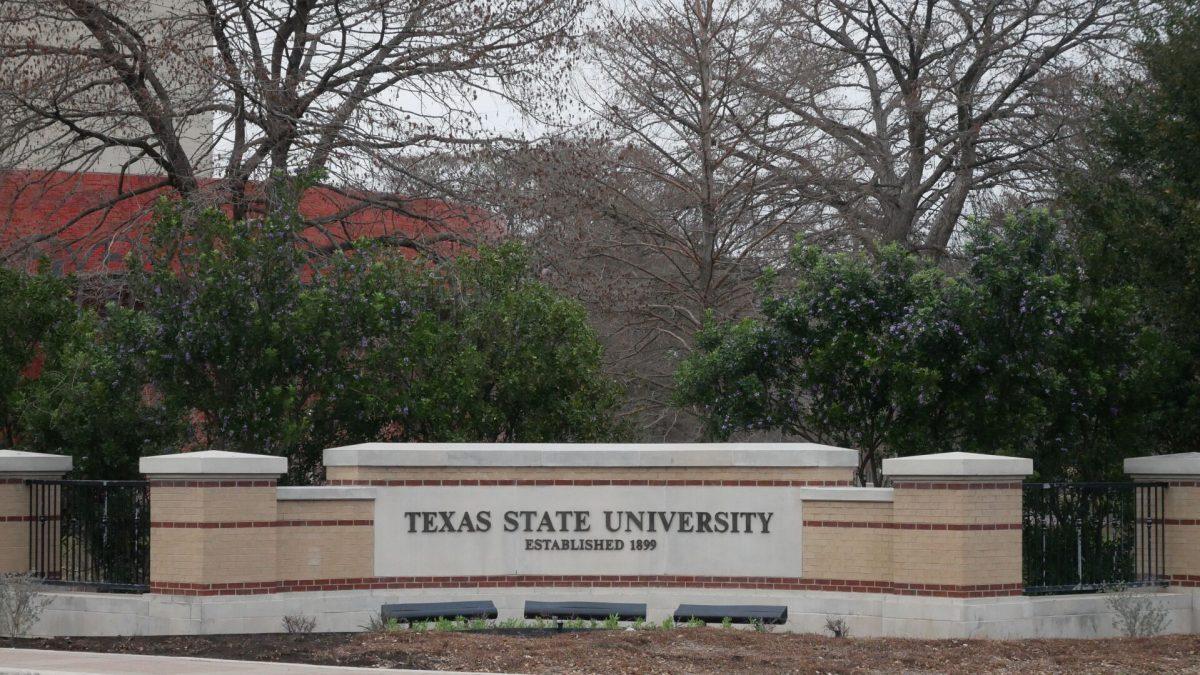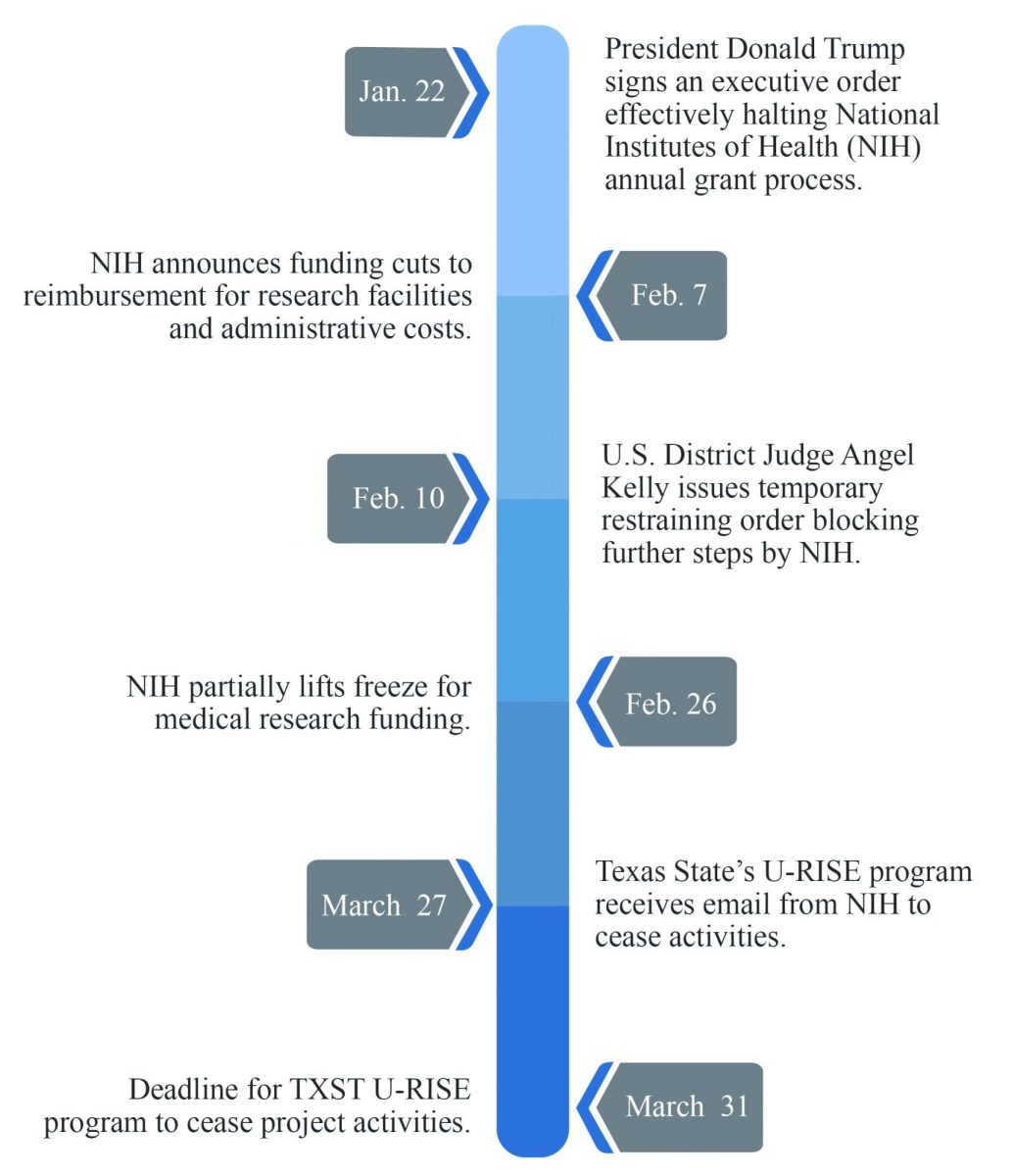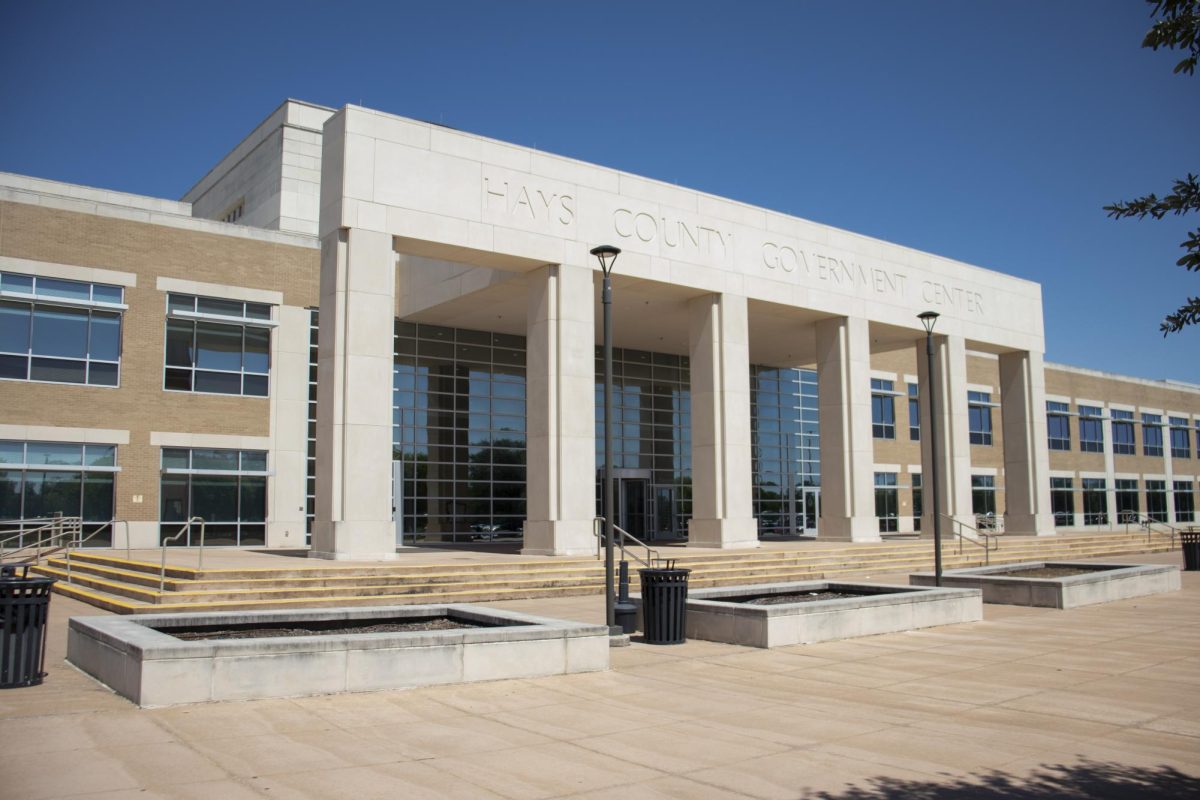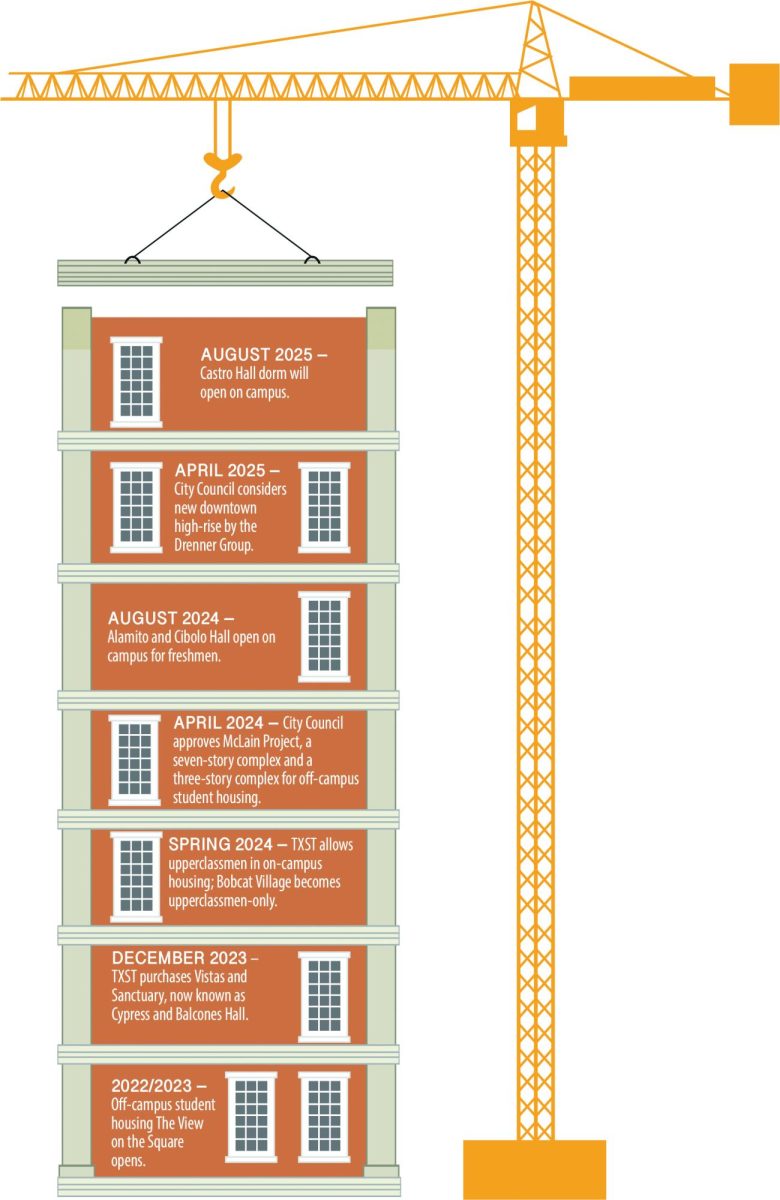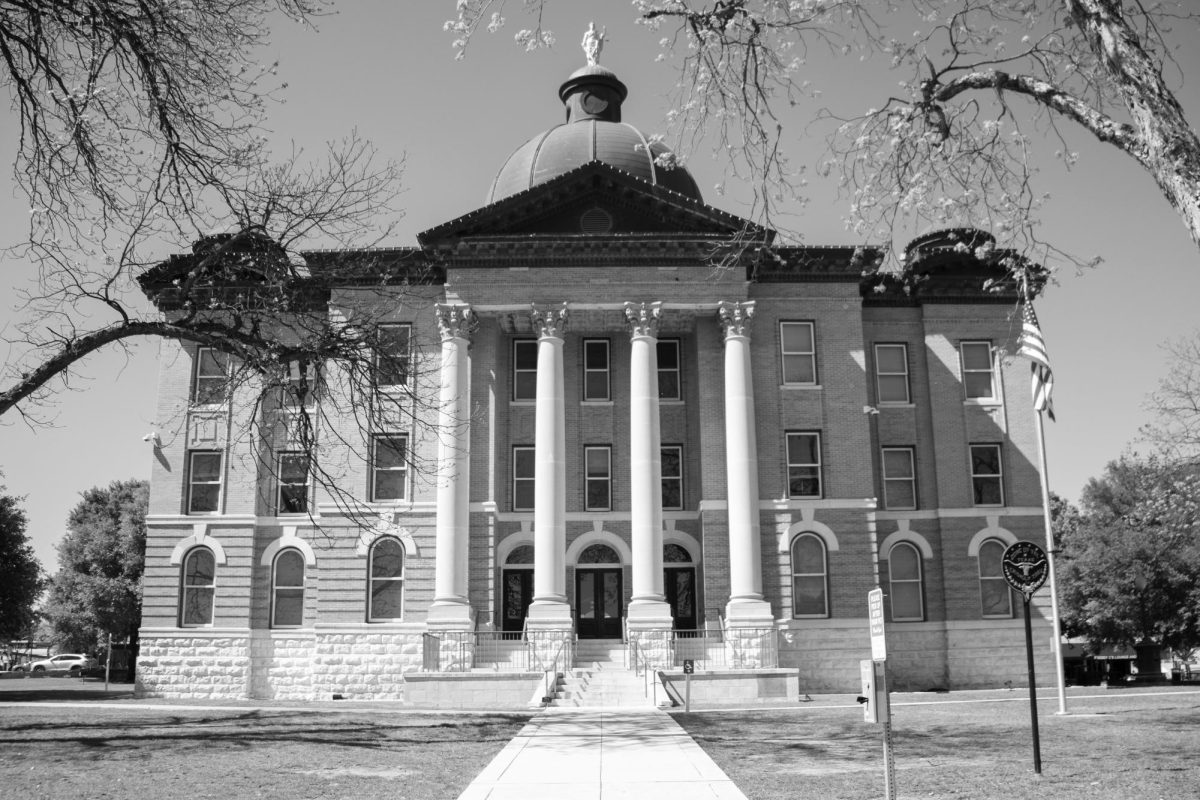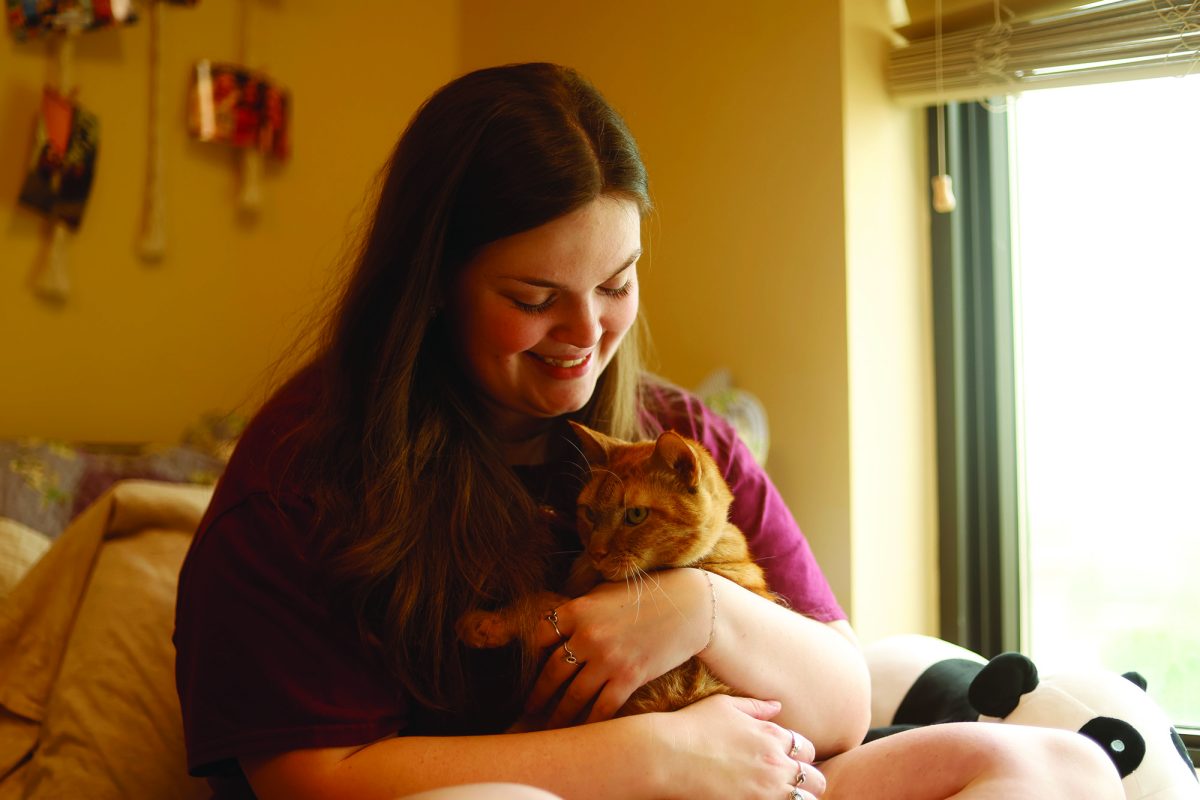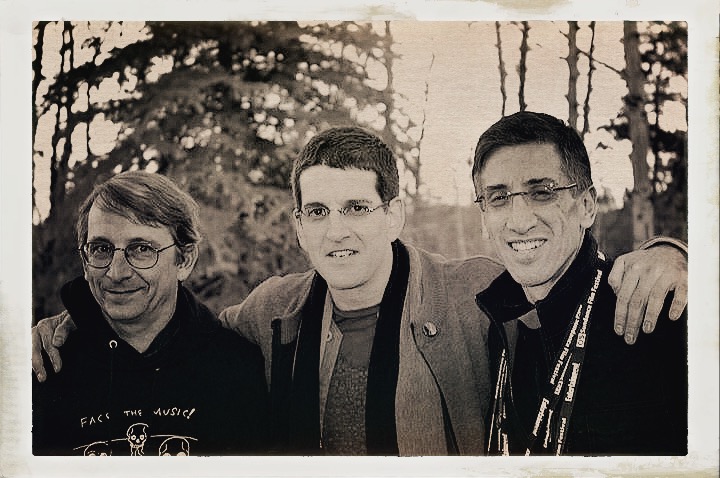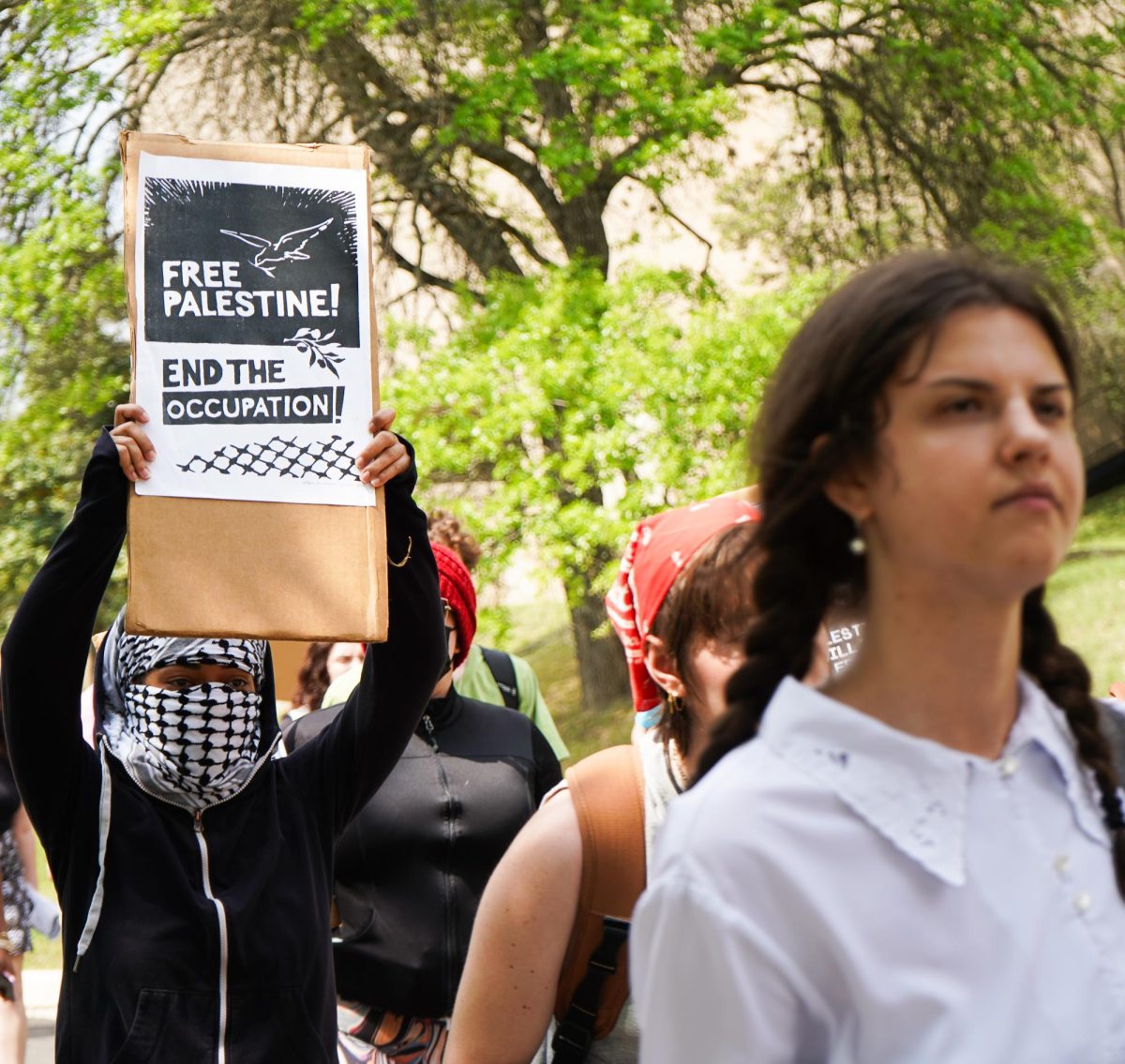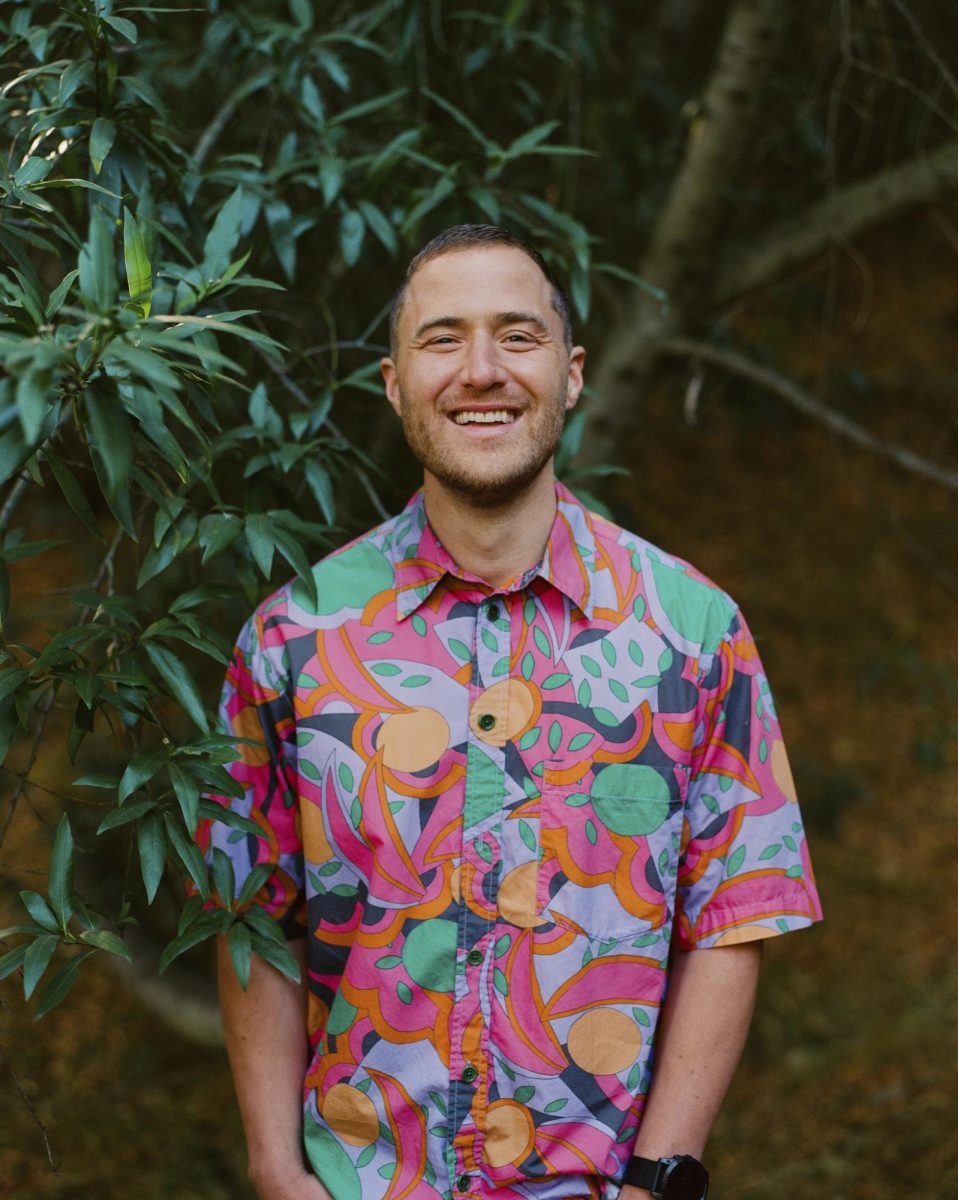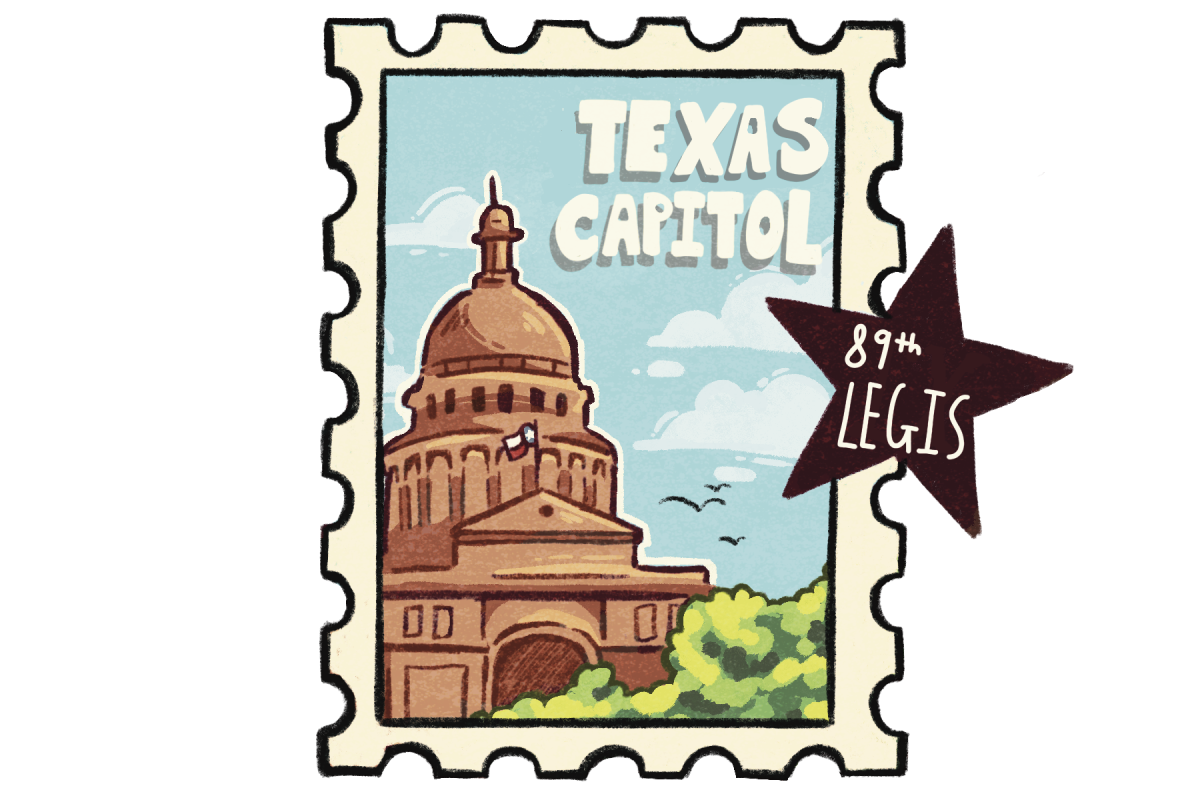Texas State hosted experts including a journalist from Mexico to discuss the Mexican election and U.S. politics.
Ana Paula Ordorica, Mexican journalist and editor of the newspaper El Universal and host of a radio program, Frente al Pais, discussed the role of the press and the power of social media during Mexico’s 2018 election cycle at Texas State’s conference on 2018 Mexican National Elections and Future of U.S.-Mexico Relations Summit.
During her presentation, Ordorica emphasized the importance of researching social media’s impact and influence on the upcoming elections, believing that this election cycle will be the first time in Mexico’s history that election influence can be measured in terms of social media engagement and the spread of fake news.
Ordorica discussed the changes in media trust and legal requirements for media coverage.
Francisco Huerta, a marketing junior, found the spread of fake news through social media and its usage in Mexico compared to that of the United States both interesting and important for future election analysis.
“It’s interesting how journalists in Mexico see a decline in media trust and take proactive measures to actively combat the spread of fake news through social media instead of perpetrating its spread,” Huerta said.
According to Ordorica, the lines between left and right wing politics are blurred unlike in the U.S.
“In Mexico, the lines are split between individuals that are for change or individuals that are anti-change,” Ordorica said. “Right-wing media or media akin to the government include newspaper outlets such as El Heraldo and La Razón, compared to left-wing media newspaper outlets such as La Jornada and Proceso, which align more closely with the beliefs of third-time presidential candidate Andrés Manuel López Obrador.”
This split in ideals has caused trust in traditional Mexican media to shrink. Before an elections cycle, trust in traditional media is 17 percent for television viewers, 19 percent for radio listeners and 21 percent for newspaper readers. However, trust is much lower during election cycles.
To combat a decline in trust, electoral laws regulating media and elections, which are contained in article 41 of Mexico’s Constitution, were modified in 2006 after Andrés Manuel López Obrador’s first presidential elections. Due to the effects of Article 41, traditional media owners want to avoid penalties by the electoral authorities so coverage is very restricted.
Elizabeth Alvizo, manufacturing engineering junior, unintentionally stumbled upon the US-Mexican Summit as Paula Ordorica began her presentation.
“I wasn’t originally intending on staying, but I found Paula Ordorica’s discussion about the fundamental differences between social media and election laws in Mexico versus the United States to be highly informative,” Alvizo said. “I believe information regarding anything relating to U.S.-Mexican relations and election processes is subject matter that every U.S. citizen should be more aware of since Mexico is our neighbor to the south.
The current presidential candidates include Ricardo Anaya Cortés, Andrés Manuel López Obrador, José Antonio Meade Kuribreña and Margarita Ester Zavala Gómez. Mexico’s 2018 election campaign will run March 30 to June 27.
Categories:
Texas State hosts U.S.- Mexico Summit featuring Mexican journalist
April 6, 2018
Ana Paola Ordorica, Mexican journalist, visits Texas State to discuss the 2018 Mexican election.
Photo by Andrew Terrell | News Reporter
0
Donate to The University Star
Your donation will support the student journalists of Texas State University. Your contribution will allow us to purchase equipment and cover our annual website hosting costs.
More to Discover



